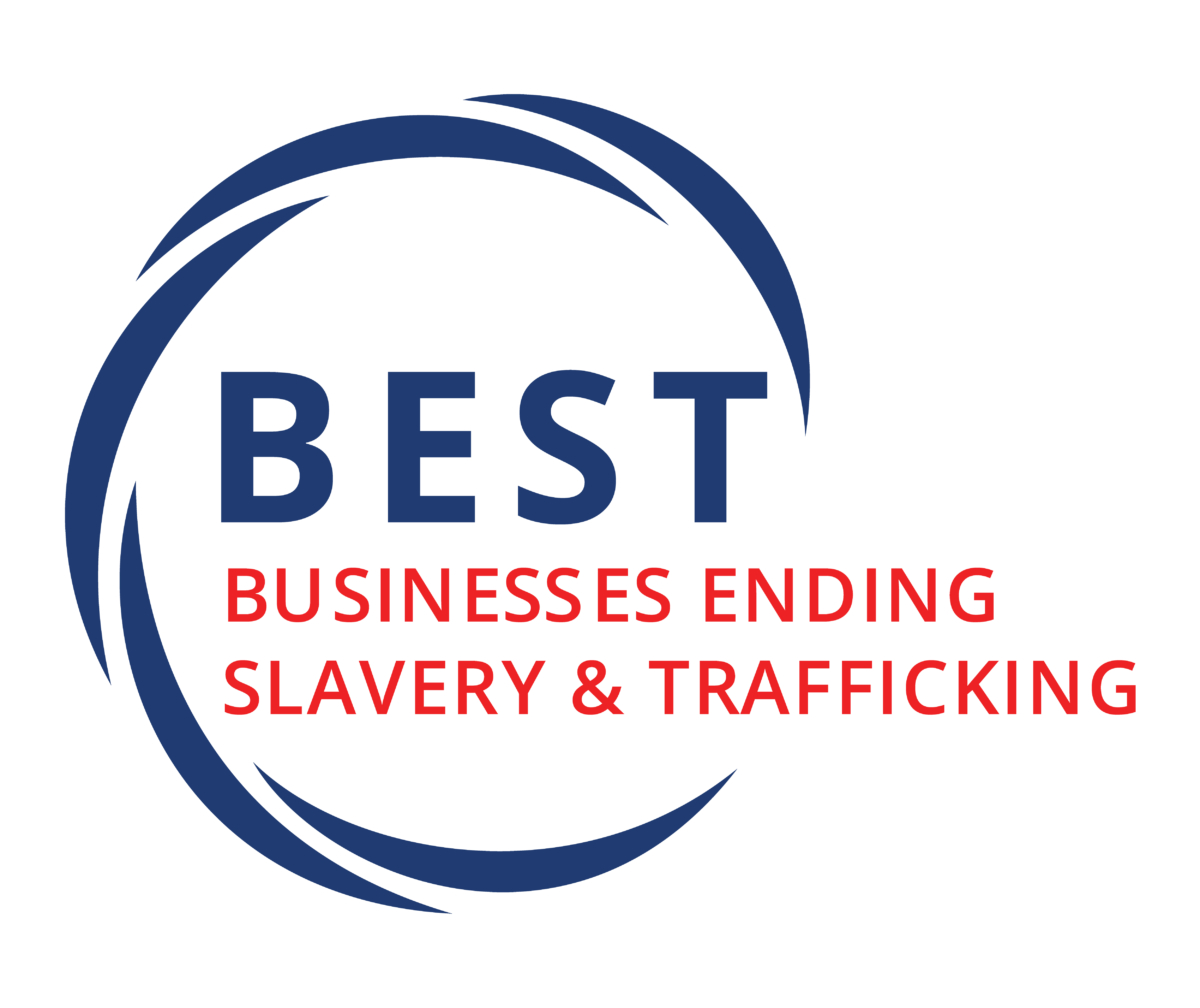Hotel Industry Walkathon for Charity
The Hotel Association of New York City welcomes all Hotel and Allied Members to participate in the 27th Annual Hotel Industry Walkathon for Charity on
Human trafficking — also known as “trafficking in persons” — is believed to be one of the fastest-growing criminal industries in the world. Human trafficking involves the recruiting, harboring, transporting, providing, or obtaining of people for the purpose of various forms of exploitation. Victims are often controlled through force, fraud, or coercion. While it is commonly thought that human trafficking is the smuggling or movement of people, in fact, the crime involves exploitation and control. Victims of human trafficking can be men or women, adults or children, and U.S. citizens or foreign-born immigrants.
Human trafficking can be difficult to recognize. Human trafficking victims may be forced to work as prostitutes, domestic workers, landscapers, in restaurants and bars, as forced panhandlers, in cleaning and janitorial jobs, in nail salons, or in other roles.
Victims are often kept out of sight and are afraid to reach out for help. According to the Polaris Project, the following may be signs that someone may be a victim of trafficking:
If you think you see a human trafficking situation, you could consider asking the following questions. These questions were compiled by the U.S. Department of Health and Human Services.
Getting involved in a potential trafficking situation could be dangerous for both the bystander and the victim. It may not be safe to intervene, so when in doubt, please report.
In an emergency, call 911.
To report activity that you suspect is related to human trafficking, email the Attorney General’s Human Trafficking division at human.trafficking@ag.ny.gov, or call the National Human Trafficking Resource Center’s 24/7 hotline at 1-888-373-7888.
Human trafficking is incredibly widespread and our hotels have an important role to play in keeping our community and our hotels safe from this harm. HANYC is now partnering with Businesses Ending Slavery and Trafficking (BEST) to provide FREE human trafficking training for HANYC members and their staff.

HANYC has been at the forefront of legislative and training efforts to combat human trafficking in the hospitality industry in the Greater New York City area, both legislatively and operationally. We place a very high value on training and preventative measures to combat this scourge and are very pleased to be partnering with BEST to achieve our goals in this area.
BEST offers the most comprehensive human trafficking training available in the country for hospitality employees. BEST’s training is a proven tool that helps victims of human trafficking escape exploitation and helps trained hotels become less hospitable for traffickers. Survey research has shown that before receiving training, only 8% of trainees recognized a trafficking incident within the prior year. After taking BEST’s training, that number jumped to 44% of trainees identifying victims.
1. Provide an overview of sex trafficking and labor trafficking and their impact on the hotel industry
2. Discuss common indicators of human trafficking and case examples
3. Give action steps for how to respond to and prevent human trafficking
4. Discuss key takeaways and provide additional resources, including modules to address real scenarios or receive more in-depth training
1. Individual online training for staff (in English and Spanish)
2. Individual online training for owners and managers (staff training course plus additional modules and resources for owners and managers)
3. Group training (in English and Spanish) that owners or managers can use to train their staff in person

Businesses Ending Slavery and Trafficking (BEST) is the first nonprofit organization in the country dedicated entirely to working with businesses to disrupt human trafficking. BEST has provided consultation and training to hundreds of hotels focused on reducing human trafficking and mitigating the reputational, legal, and financial risks associated with it. BEST has trained thousands of hotel employees and equipped them to protect their hotel and employer from human trafficking.
Learn More About Human Trafficking from these resources:
The Hotel Association of New York City welcomes all Hotel and Allied Members to participate in the 27th Annual Hotel Industry Walkathon for Charity on
Sponsored by T-Mobile Around the world, people are enjoying increasing mobility. The anonymity provided by cyberspace, coupled with the ease with which travelers can
The Hotel Association of New York City, Inc. Industry Security Safety Seminar was held at the Westin New York at Times Square on April 25,